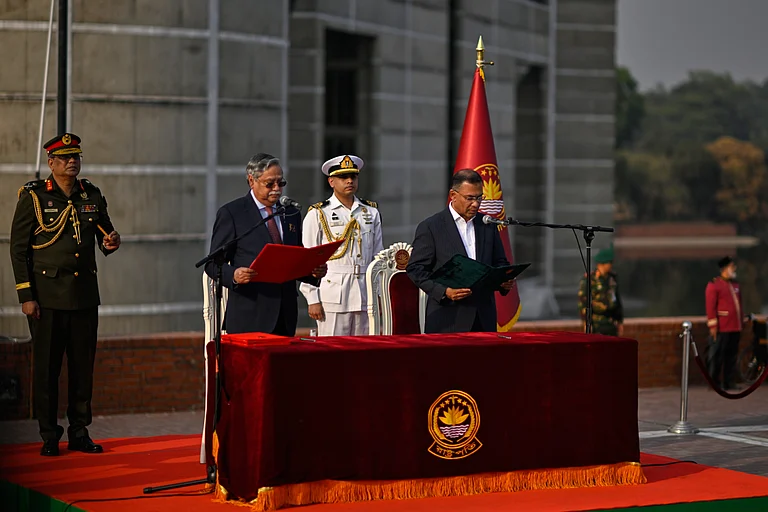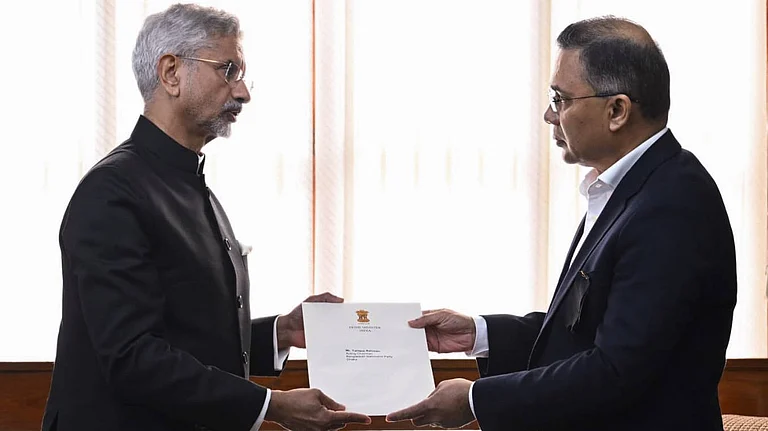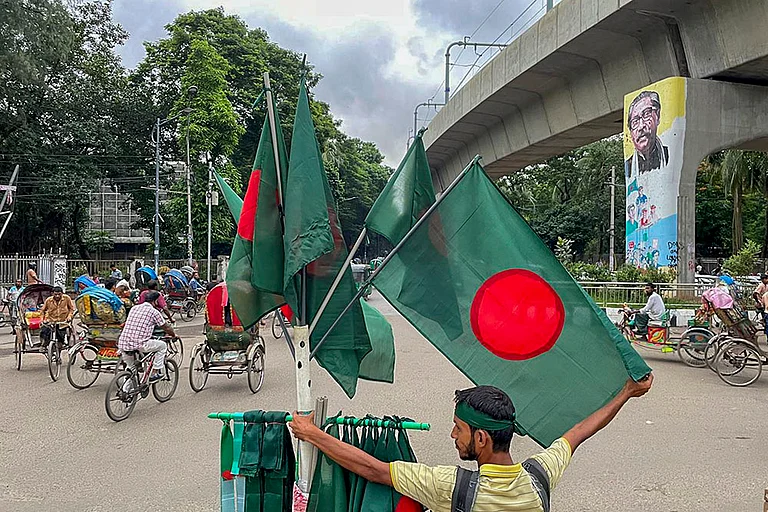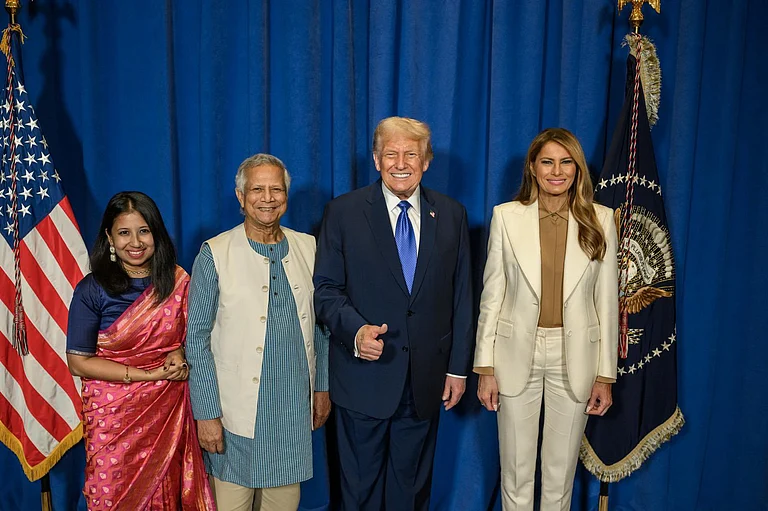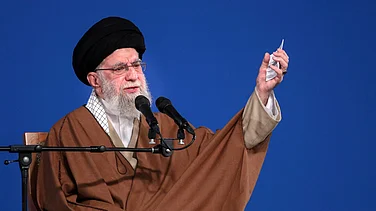The Bangladesh government on Tuesday decided to ban the Jamaat-e-Islami following the deadly nationwide students’ protests over quotas in government jobs, accusing the fundamentalist party of exploiting the movement that left at least 150 people dead.
The development to ban the Jamaat-e-Islami from Wednesday comes a day after a meeting of the ruling Prime Minister Sheikh Hasina’s Awami League-led 14-party alliance passed a resolution that Jamaat, an ally of former prime minister Khaleda Zia Bangladesh National Party (BNP), must be banned from politics.
"God willing . . . the decision (of banning Jamaat) will be announced tomorrow,” Law Minister Anisul Huq told newspersons at his office on Tuesday, adding it would be an “executive order” that will ban the Jamaat-e-Islami, a party founded in 1941 in undivided India under British rule.
The students, who waged protests during the anti-quota movement, said they had no link to the violence while evidence was there that Jamaat, its student wing Islami Chhatra Shibir, former prime minister Khaleda Zia’s Bangladesh National Party (BNP), and militant party of its students front, Chhatra Dal, carried out the mayhem, the minister claimed.
Prime Minister Sheikh Hasina’s ruling Awami League’s (AL) general secretary Obaidul Quader, meanwhile, said the government would thoroughly examine legal aspects before banning Jamaat-Shibir to block any possible legal loophole, which could be exploited by “this extremist group” to engage in politics in Bangladesh.
For the sake of the country, the 14-party alliance has decided to ban Jamaat-Shibir to eliminate anti-national evil forces, Quader said.
Quader, also the Road Transport Minister, said that Jamaat and BNP used students as “shields” during the movement while “the government is aware of the sources of their instructions, incitements, and funding.”
Violence gripped Bangladesh for almost the entire of July when the protests that had started in universities and colleges earlier this month, quickly turned into a widespread agitation against Prime Minister Sheikh Hasina and her government’s policies. The government called in the army to quell protests against job quotas after the unrest left at least 150 dead and several thousand people, including policemen, wounded and major government installations damaged.
Meanwhile, the ruling Prime Minister Sheikh Hasina’s Awami League-led 14-party alliance leaders held a meeting with Hasina in the chair and passed a resolution that the Jamaat, which was opposed to Bangladesh’s 1971 independence siding with the then Pakistani junta, must be banned from politics.
Political sources familiar with the meeting said Hasina told the meeting that there were intelligence reports that the Jamaat-Shibir clique carried out the arson attacks and damaged the government installations in the capital mobilising their “trained people” from different parts of Bangladesh.
In 2018, complying with a High Court verdict, the Election Commission scrapped Jamaat’s registration disqualifying the party, a key partner in the past BNP-led four-party alliance government from 2001-2006 tenure from contesting polls.
The Bangladesh High Court, in a landmark verdict on August 1, 2013, had declared Jamaat's registration with the Election Commission illegal. Jamaat then appealed to the appellate division and finally lost its registration in 2018.
Bangladesh, in 2009, initiated a process to try the key collaborators of Pakistani troops in 1971 on charges of crimes against humanity and six top leaders of Jamaat and one of BNP were hanged after their trial in two special war crimes tribunals while the apex Appellate Division of the Supreme Court upheld the judgments.







